Sudáfrica/Abril de 2017/Fuente: IOL
Resumen: Las acusaciones presidenciales de Nkosazana Dlamini Zuma de que las antiguas escuelas del Modelo C están enseñando a los alumnos anti-ANC ha sido calificada como una propaganda electoralista y sin fundamento. Tim Gordon, jefe ejecutivo nacional de la Fundación del Consejo de Administración, dijo que las declaraciones de Dlamini Zuma eran «completamente desacertadas». Sus críticas siguen los comentarios que hizo en una visita a Zamdela en el Estado Libre. Ella dijo a su audiencia el jueves que no era sorprendente que los alumnos en las escuelas modelo C anterior piensan que el ANC es corrupto e inútil porque esto es lo que se estaban enseñando en la escuela. «Sus comentarios fueron irresponsables y no es justo tomar un amplio golpe en las escuelas. Sin mencionar que no es cierto … » Dijo además que era simplemente politica de partido barato. «No hay un enfoque político en las escuelas para enseñar estas cosas. Posiblemente en algunos foros, como los equipos de debate y la orientación de la vida, la política surgirá, pero no hay una directiva que la política se enseñe de tal manera «, dijo. Jessica Shelver, portavoz de Debbie Schafer, la MEC para la Educación en la provincia de Western Cape, dijo que Dlamini Zuma era «electoralista». La desafió a producir evidencia.
Presidential hopeful Nkosazana Dlamini Zuma’s accusations that former Model C schools are teaching pupils anti-ANC “propaganda” has been branded as electioneering and baseless.
Tim Gordon, national chief executive of the Governing Body Foundation, said Dlamini Zuma’s utterances were “completely uncalled for”.
His criticism follows comments she made on a visit to Zamdela in the Free State. She told her audience on Thursday that it was not surprising pupils at former Model C schools think the ANC is corrupt and useless because this is what they were being taught at school.
“Her comments were irresponsible and it is not fair to take a broad swipe at schools. Not to mention that it’s not true…”
He further said it was just cheap party politicking.
“There is no policy approach at schools to teach such things. Possibly in some forums, such as debate teams and life orientation, politics will come up, but there is no directive that politics be taught in such a manner,” he said.
Jessica Shelver, spokesperson for Debbie Schafer, the MEC for Education in the DA-run Western Cape, said Dlamini Zuma was “electioneering”. She challenged her to produce evidence.
Shelver asked Dlamini Zuma to name the schools that were doing this – and she called on her to specify what kind of propaganda was being fed to the pupils. “Without evidence they (the claims) are baseless and electioneering at best,” she said.
Education expert Professor Ruksana Osman, the dean of the Faculty of Humanities at Wits University, said it was worrying and warned the government cannot intervene in what was taught in schools along party lines.
“The state should not meddle in what is taught in schools, especially when we see ourselves as a democracy.
«The job of schools is to ensure children learn to live with all and respect the rights and views of all,” said Osman, adding that the role of teachers was to encourage pupils to have a multiplicity of views and for them to make choices from this.
“Schools cannot be places where the government intervenes along party lines. This will be detrimental to our young democracy and to our children who represent our future. Government involvement in what is taught in classrooms and how it’s taught is dangerous,” said Osman.
Social media also lashed out at the former president of the AU. “South Africa cannot afford another Zuma, especially after she blames education as the party’s downfall, not her ex,” tweeted Wade.
Michelle Igwe tweeted: “@DlaminiZuma Dear Mrs Zuma, do you propose a change to the education curriculum so that our kids can turn into ‘brainwashed idiots’?»
Africa Yearning wrote: “This just shows that while education is necessary and good, it doesn’t insulate one from being dumb. Nkosazana Dlamini Zuma exposes herself”.
But KwaZulu-Natal Education MEC Mthandeni Dlungwana said they shared her views.
Dlungwana’s spokesperson, Kwazi Mthethwa, said the education system must be transformed.
He said Dlungwana was not only making a noise about this, but was taking steps to address it.
Last Thursday Dlungwana signed an agreement that would see the movie Kalushi – about Solomon Mahlangu who was hanged on April 6, 1979 – distributed at schools.
The MEC also hosted members of the cast last week, said Mthethwa.
“We have been teaching European and US history at the expense of our African heroes and heroines.
«There is a lot we are doing to transform education. It is correct that our learners must be taught the true reflection of our history and not a distorted version of history,” said Mthethwa.
Fuente: http://www.iol.co.za/ios/news/schools-are-anti-anc-8665092
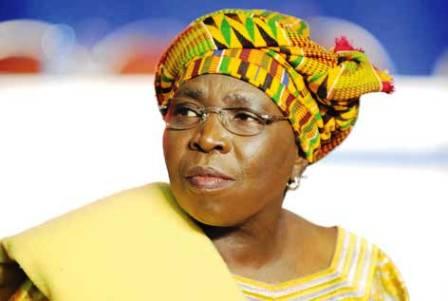

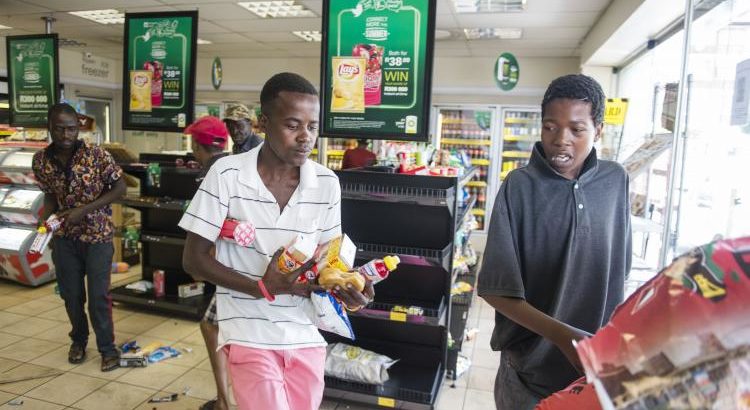
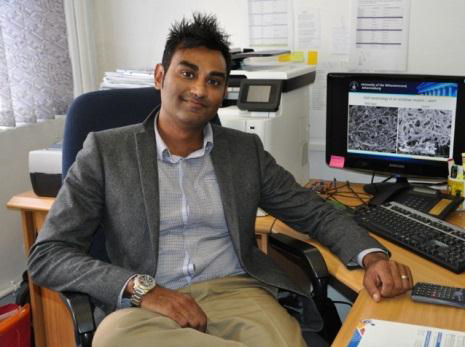
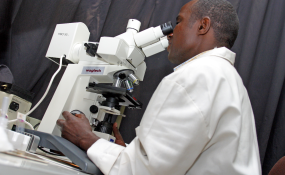
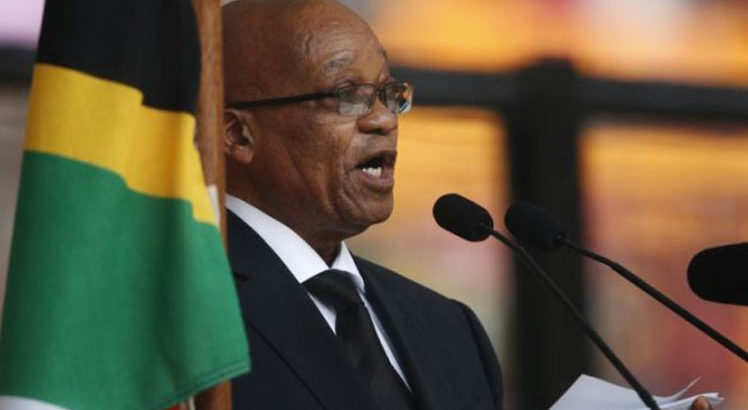
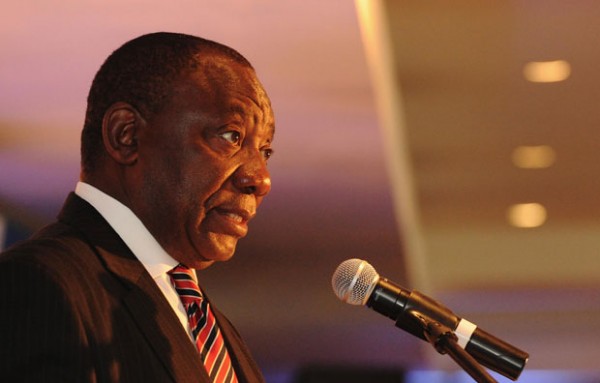
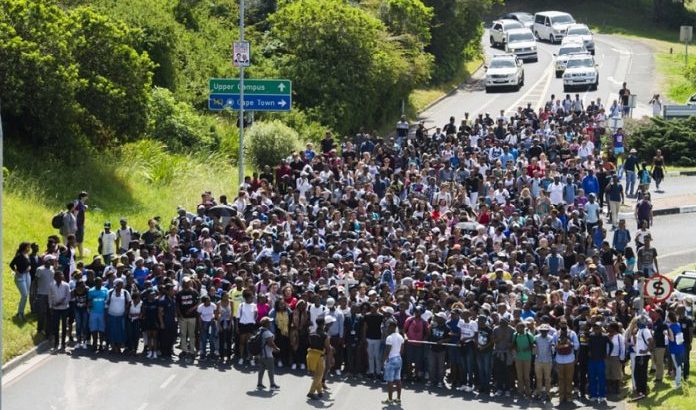





 Users Today : 37
Users Today : 37 Total Users : 35460660
Total Users : 35460660 Views Today : 90
Views Today : 90 Total views : 3419740
Total views : 3419740